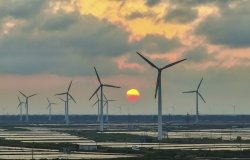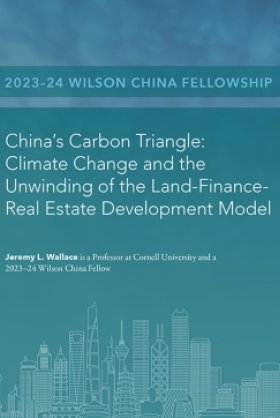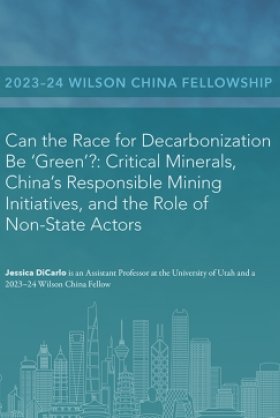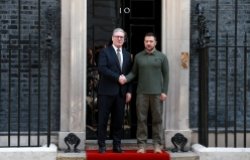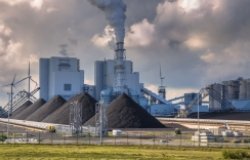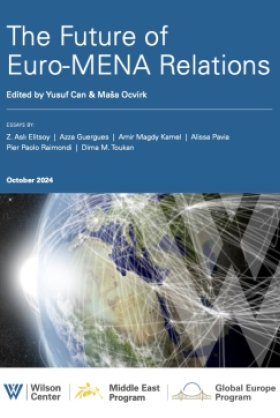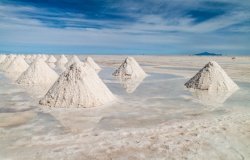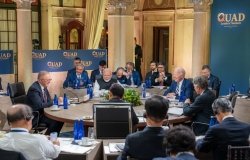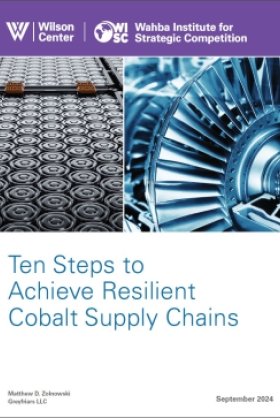Maduro’s Bloody Oil
Translated by: K. Mantz
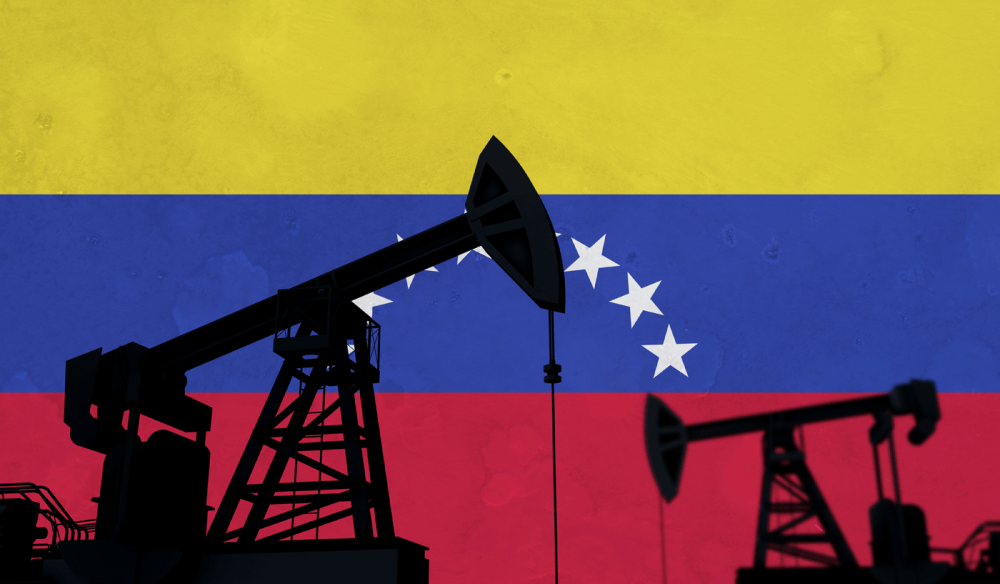
Ink Drop/Shutterstock
We find ourselves in a highly volatile, geopolitical environment that threatens worldwide energy prices, detonated by the bloody and unjustified genocide by Vladimir Putin against the brave Ukrainian people who are courageously resisting. The war has shifted global mineral supply prices like urea and phosphate, and the price of goods like wheat and sunflower oil, which play a central role in food production. Both countries involved in this atrocious situation are major exporters of metals like copper, iron, and nickel, thus the current uncertainty translates to huge price hikes for those who import these products.
In the case of energy, the situation is more critical, because the dependency of many European countries on Russian gas has turned into a latent threat. In the case of petroleum, for its part, the weight of Russia as an exporter has made the war a factor that increases crude oil prices, raising the production costs of millions of businesses all over the world.
Faced with this volatility and uncertainty, pragmatism has once again become a path for international relations, especially for those for whom acquiring energy, and, of course, petroleum, at all costs is what matters most. One of the beneficiaries of this dangerous and inconsistent pragmatism is Nicolás Maduro, dictator of Venezuela, who has received a kind of endorsement with a negotiation with Chevron, allowing the company to return to explore, produce, and export crude oil from Venezuela. In short, Maduro wants to take advantage of the global energy situation to trade Venezuelan crude for more respect and tolerance of his totalitarian and human rights abusing government.
Last week a United Nations delegation released a chilling report showing the extent of the crimes against humanity systematically committed by Maduro’s regime, through Bolivarian National Intelligence Service. According to the report’s recommendations, these crimes deserve effective action from the International Criminal Court.
Allowing Maduro to reconstruct a petroleum production system that he himself destroyed is rewarding his atrocities. The petroleum that would leave Venezuela, if this occurs, would become oil that carries the blood of defenseless citizens, opponents, journalists, and millions of people who have left the country to find refuge and hope in other places.
Maduro and Putin are the same. They are dictators, assassins, criminals against humanity, and human rights violators. The world would not understand sanctions for Putin and respect for Maduro, when the latter has done to the Venezuelan people what Putin has done to the Ukrainians.
The dignity of a democratic continent and the dignity of the Venezuelan people cannot be negotiated, simply because any agreement with Chevron would create a final product of bloody oil.
About the Author
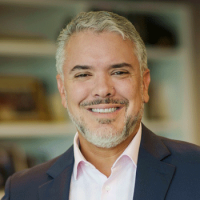
Iván Duque Márquez
President of the Republic of Colombia (2018-2022)


